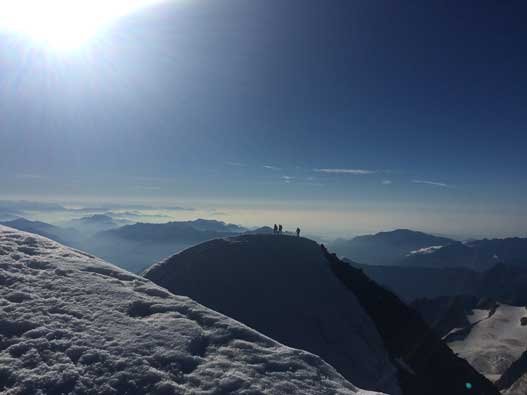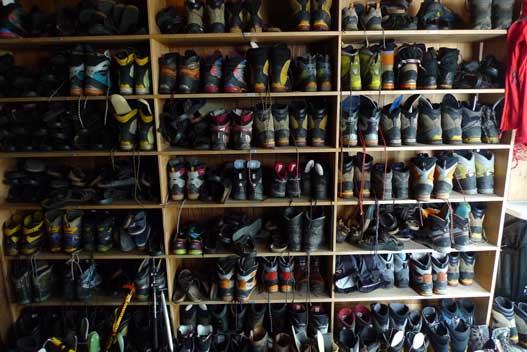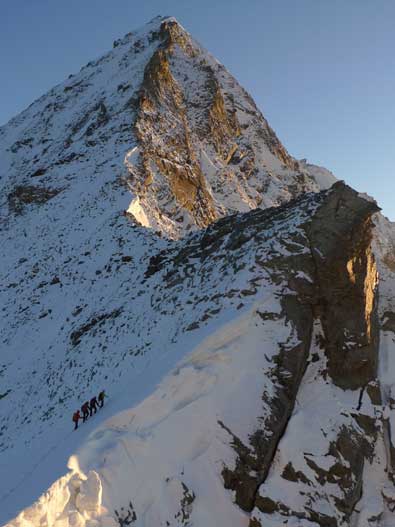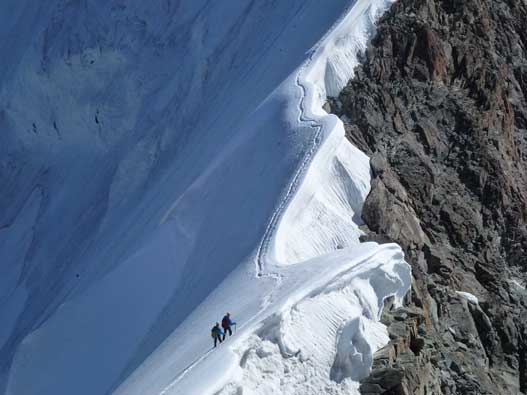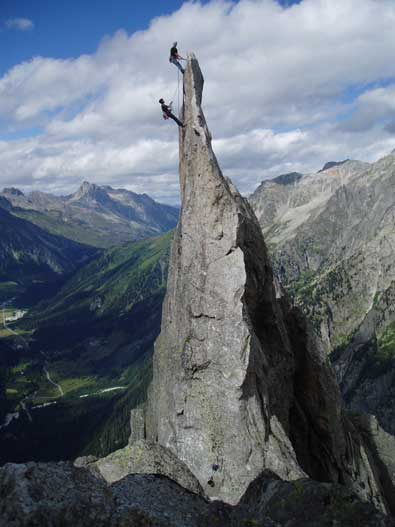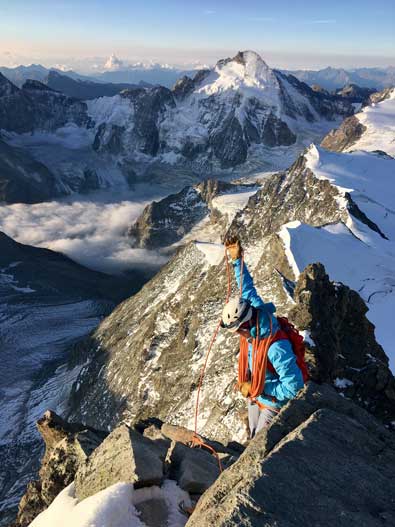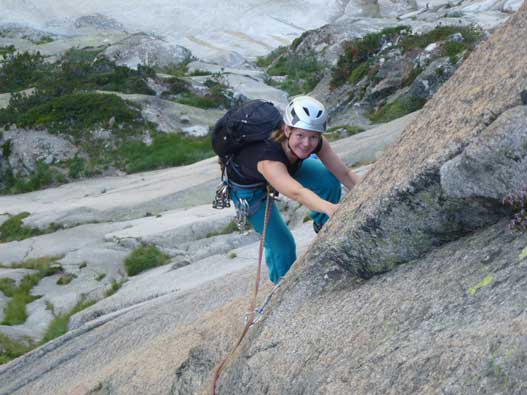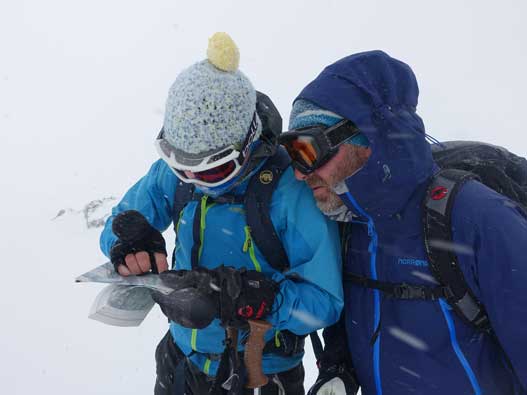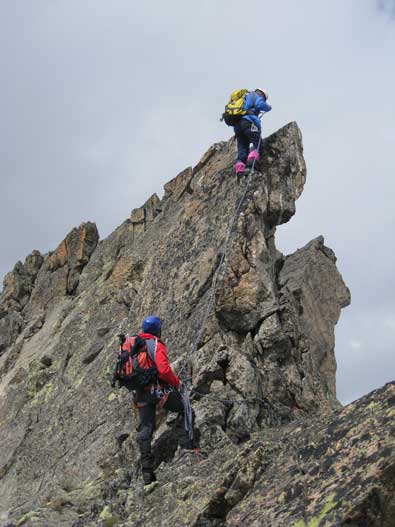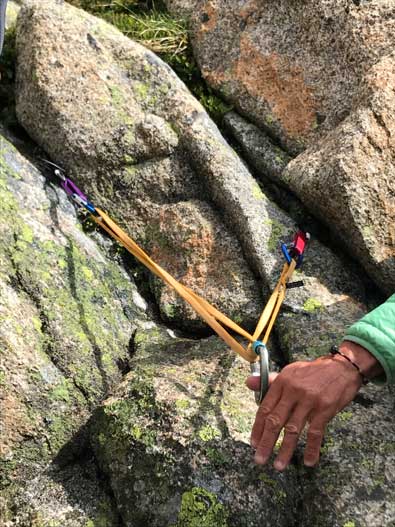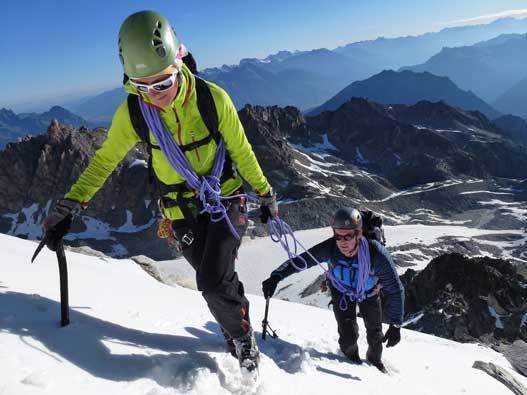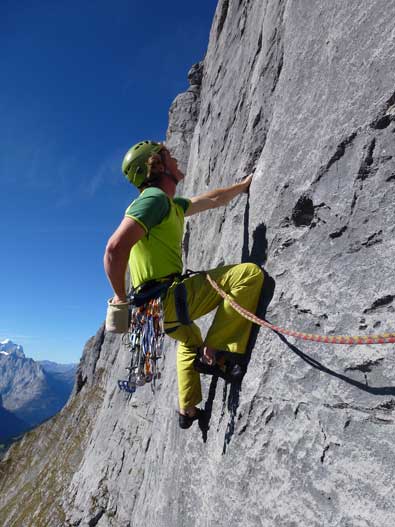*Inscribed on the Representative List of the Intangible Cultural Heritage of the UNESCO
Alpinism is a term commonly used in European languages for the sport of mountaineering. In addition to mastering the techniques to negotiate mountain terrain without marked paths, the alpinist must be able to respond appropriately to dangers such as rockfalls and crevasses. Alpinism differs considerably from hiking on well-maintained paths or alpine skiing on protected slopes. Alpinism is characterised by a culture of sharing experience and skills, from a knowledge of the alpine environment, the history of alpinism and related values on the one hand, to the mastery of alpine climbing techniques and the use of ropes, the ice axe and crampons on the other. This culture is associated with aesthetic ideas and sensations that relate to the beauty of the routes, the elegance of climbing techniques and the enjoyment of the landscape. Various associations contribute to the tradition of alpinism by providing training courses. Alpinism had its first heyday under British influence in the middle of the 19th century, and has since evolved into a number of different sports. At the same time, alpinism has become the subject of an artistic dialectic, particularly in the literary and visual arts. Conflicts of interest among the various interest groups in the mountain region and global warming are the major challenges facing alpinism in the early 21st century.
Detailed description
Alpinisme (PDF, 457 kB, 14.03.2018)detailed description
Category
Social practices
Canton
Contact
Association Suisse des Guides de Montagne
Secrétaire Général
Monbijoustrasse 61
3000
Bern 14
Phone
+41 31 370 18 19
Club Alpin Suisse CAS
Président Commission de la Culture du CAS
Monbijoustrasse 61
3000
Bern 14
Phone
+41 31 370 18 18


